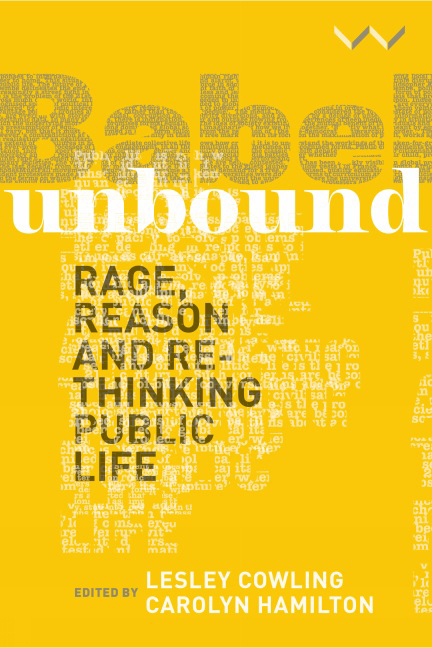Book contents
- Frontmatter
- Contents
- Acknowledgements
- Introduction
- Chapter 1 Rethinking Public Engagement
- Chapter 2 Tracing Public Engagements in Visual Forms
- Chapter 3 Media Orchestration in the Production of Public Debate
- Chapter 4 Fluid Publics: The public-making power of hashtags in digital public spaces
- Chapter 5 ‘Now We See Him, Now We Don’t’: The media and the ‘Black Pimpernel’
- Chapter 6 Archive and Public Life
- Chapter 7 Iconic Archive: Timbuktu and its manuscripts in public discourse
- Chapter 8 The Politics of Representation in Marikana: A tale of competing ideologies
- Chapter 9 Art-Rage and the Politics of Reconciliation
- Chapter 10 Anger, Pain, and the Body in the Public Sphere
- Contributors
- Index
Chapter 5 - ‘Now We See Him, Now We Don’t’: The media and the ‘Black Pimpernel’
Published online by Cambridge University Press: 10 September 2020
- Frontmatter
- Contents
- Acknowledgements
- Introduction
- Chapter 1 Rethinking Public Engagement
- Chapter 2 Tracing Public Engagements in Visual Forms
- Chapter 3 Media Orchestration in the Production of Public Debate
- Chapter 4 Fluid Publics: The public-making power of hashtags in digital public spaces
- Chapter 5 ‘Now We See Him, Now We Don’t’: The media and the ‘Black Pimpernel’
- Chapter 6 Archive and Public Life
- Chapter 7 Iconic Archive: Timbuktu and its manuscripts in public discourse
- Chapter 8 The Politics of Representation in Marikana: A tale of competing ideologies
- Chapter 9 Art-Rage and the Politics of Reconciliation
- Chapter 10 Anger, Pain, and the Body in the Public Sphere
- Contributors
- Index
Summary
When it comes to speech acts Mandela works best when he is an absent cause.
— Simon Gikandi, ‘Nelson Mandela: The Absent Cause’After being acquitted of high treason on 29 March 1961, Nelson Mandela went underground. In May of the same year, Mandela, then secretary of the All-in African National Action Council, organised a stay-away in protest of the declaration of South Africa as a republic. A warrant for his arrest was issued on 24 May and he was charged with organising the national protest. In the hostile and antiblack terrain of the early 1960s, and prior to his long incarceration, Mandela was already becoming a public figure and symbolic legend. He referred to this legend in his autobiography, as well as the moniker he was given: ‘the Black Pimpernel’. Although it is not clear when this was first used, Mandela attributed it to the press during his underground years. This small but significant attribution points to the role of the press in the evolution of the legend. Taking a cue from his reference to the press in the popularising of the Black Pimpernel, this chapter examines a selection of press interviews, reports, articles and images of and about Mandela during his underground years: April 1961 to August 1962.
In this period Mandela disappeared from public view, only clandestinely emerging with select groups of people. Admittedly, in the preceding decade Mandela had enjoyed the attention of the media, notably of Drum magazine. Avid photojournalists Peter Magubane and Alf Khumalo of Golden City Post, Drum and then Rand Daily Mail, as well as Jürgen Schadeberg and other, uncredited photographers in Drum, had produced images of his early years. However, the scale of media interest soared in his underground years. This occurred against the background of an increasingly repressive state − a burdensome time for political reportage. In the wake of the Sharpeville massacre, the Union of South Africa's government tightened its hold on local media and severely restricted reporting on anti-apartheid organisations and personalities. The General Law Amendment Act No. 76 of 1962, known as the Sabotage Act, made it difficult for the press to report on political activities without being accused of incitement.
- Type
- Chapter
- Information
- Babel UnboundRage, Reason and Rethinking Public Life, pp. 105 - 124Publisher: Wits University PressPrint publication year: 2020



